Some Russian cities are famous for their gastronomy, others for their rich cultural heritage. But there are also places known for their unusual names. These include, for example, the village of Paris at home, or rather the village of Perebor in the Chelyabinsk region or near Sverdlovsk, which is worth remembering periodically in times of uncontrolled aggression.
This material includes seven cities, towns and villages of Russia, famous for their funny names. By the way, we recommend using this selection as a guide to domestic tourism. Why not spend your weekend in the village of Pivkino?
Village Kotik
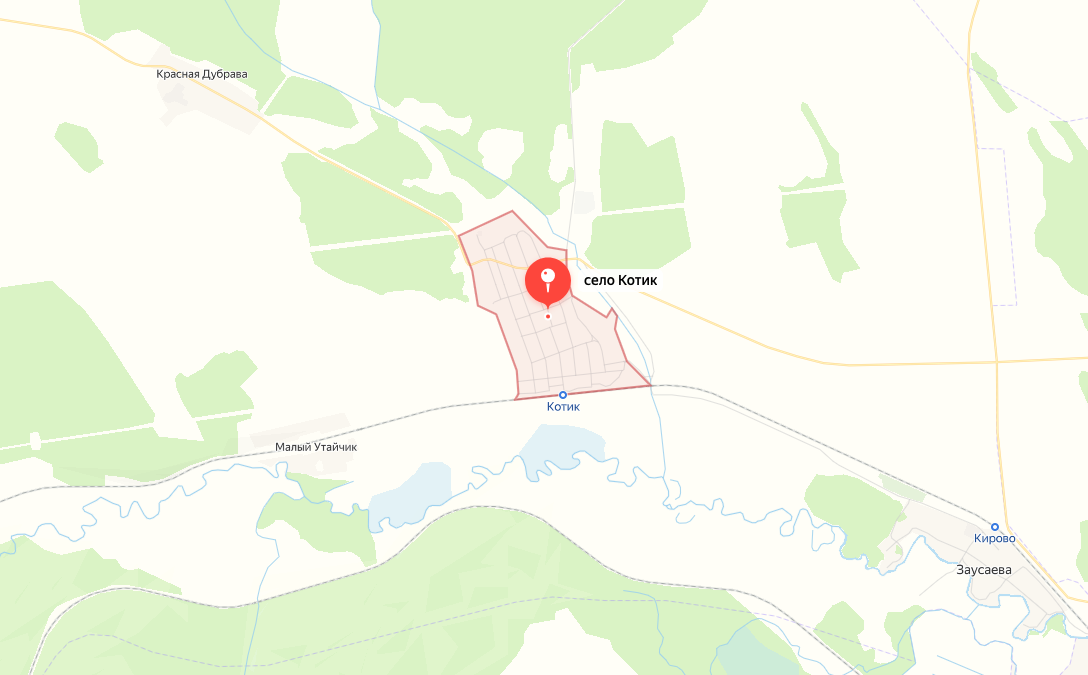
Perhaps the village of Kotik is the only place suitable for a sweetie pie like you. Although it is located in the Irkutsk region. But seriously, the rural settlement of Kotik is surprisingly not named after the furry animals. Its history is connected with the construction of the Trans-Siberian Railway. They say that the settlement was formed by workers who set up a checkpoint here at the end of the 19th century. Initially, there were only three houses here, where Peter Kotik lived. True, the man did not live to see the village named after him. Peter Kotik was hit by a train, and the workers decided to give his surname to the place where his wife lived.
Village Popki
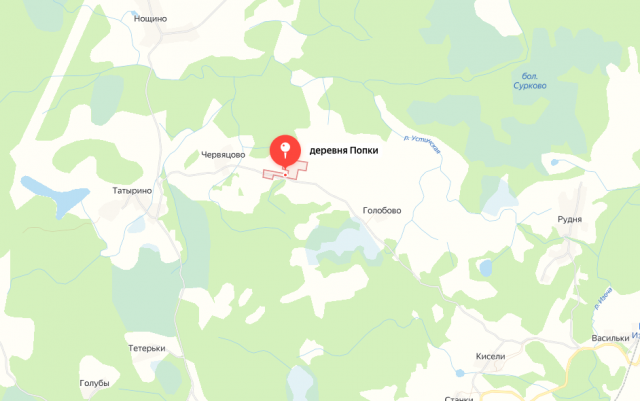
The village of Popki in the Pskov region is a popular place for memes on the Internet. Moreover, a few years ago, when the question arose about changing the “quiet” names of settlements, residents openly stated that they sincerely did not see anything offensive in Popki, since the emphasis here falls on the last, not the first syllable. So all jokes aside. Moreover, such a stir around the name played into the hands of local residents – no one canceled the popularization of the regions.
City of Pytalovo
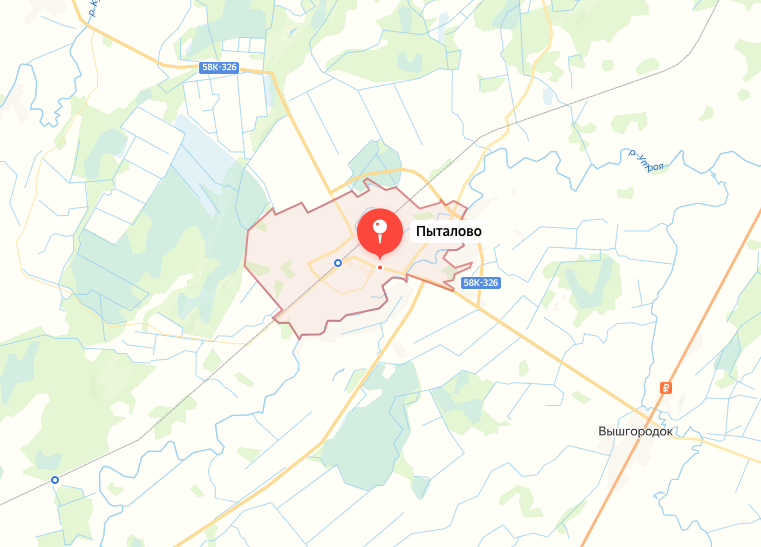
The name of the city of Pytalovo perfectly describes our attempts to wake up on Monday morning to go to work. But this place deserves attention not only because of its funny name. At the beginning of the last century, Pytalovo was part of the Republic of Latvia, and after the war its territory was transferred to the RSFSR. So the architecture here is no worse than in large historical cities. If you find yourself in Pskov, try to get to this place – there are abandoned Latvian houses and an old railway station.
Village of Neudachino
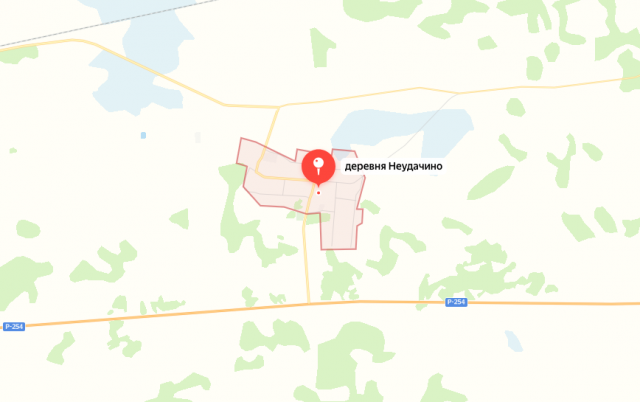
The name of the village of Neudachino seems to speak of our next depression. It is located in the Novosibirsk region and is home to Mennonites, the lost and unusual descendants of the Germans. At the beginning of the last century, they bought land from the merchant Neudachin, built houses and a mill here, and raised large families. Until the end of the 90s, their community thrived, but then the Germans began to leave Russia. Now there are less than 200 descendants of the Germans in the village, and they all call themselves Mennonites. They live according to the commandments of the Bible, refuse to take up arms, and speak a language in which writing has not yet been invented.
Mud City
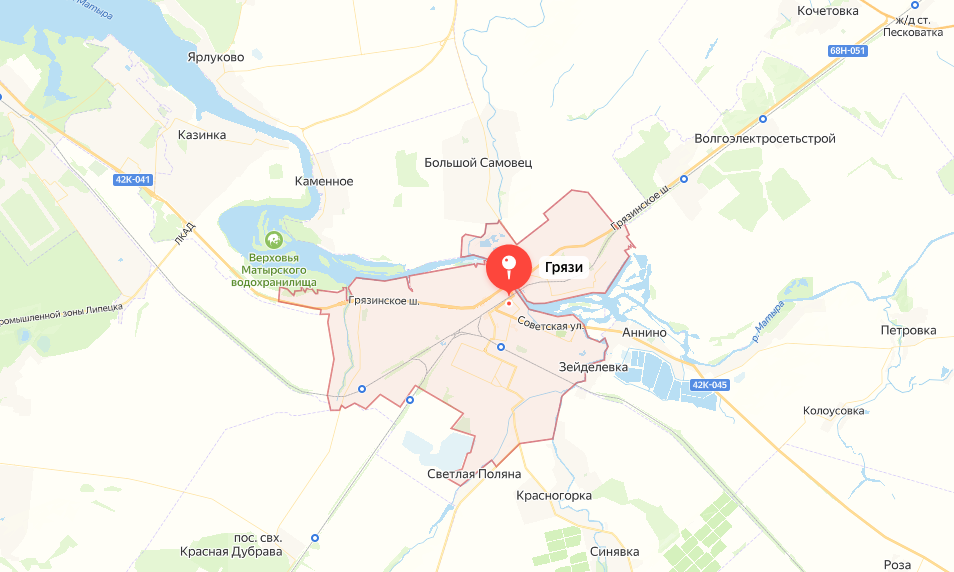
The city of Gryazi in the Lipetsk region got its name back during the reign of Peter I. According to legend, it was here that the king’s carriage got stuck in the wet ground and the wheel broke while trying to pull it out. So the king had to spend the night here. Such memories left a certain mark on the king, and he decided to call this place Mud. The name stuck and is still there today. By the way, the infrastructure here is well developed: there are cafes, restaurants, bars, hypermarkets and even several hotels.
Babino village
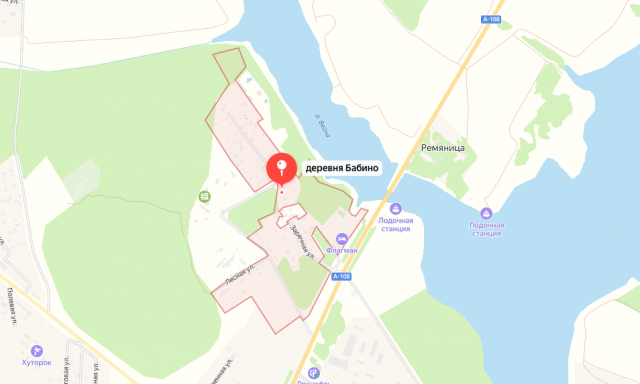
A village with a name that suits your ex is located in the Leningrad region. The settlement is known for its partisan past. During the Great Patriotic War, locals gave their homes to the partisans. However, by the end of 1941, German soldiers had completely burned the village to ashes. It was rebuilt, but there is no infrastructure here.
Khrenovoe Village
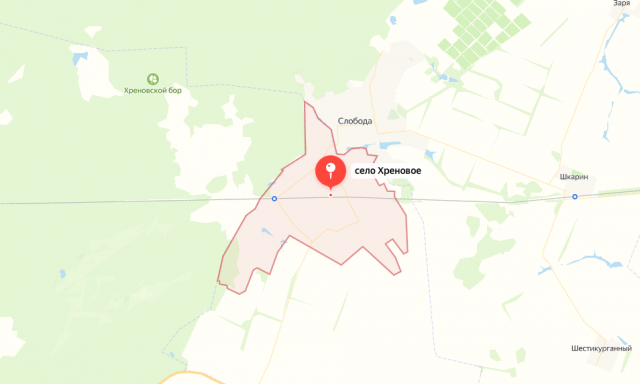
The village, which describes our state of mind before the first coffee, is located in the Voronezh region. The place is known not only for its name, which, by the way, has an emphasis on the last syllable, but also for the Khrenovsky stud farm. It became iconic during the Russian Empire: horses of the famous Oryol trotter breed appeared here. And Anton Pavlovich Chekhov visited here more than once. In times of famine, the writer set up free canteens in the village.
Source: People Talk
Errol Villanueva is an author and lifestyle journalist who writes for The Fashion Vibes. With a passion for exploring the latest trends in fashion, food, travel, and wellness, Errol’s articles are a must-read for anyone interested in living a stylish and fulfilling life.





